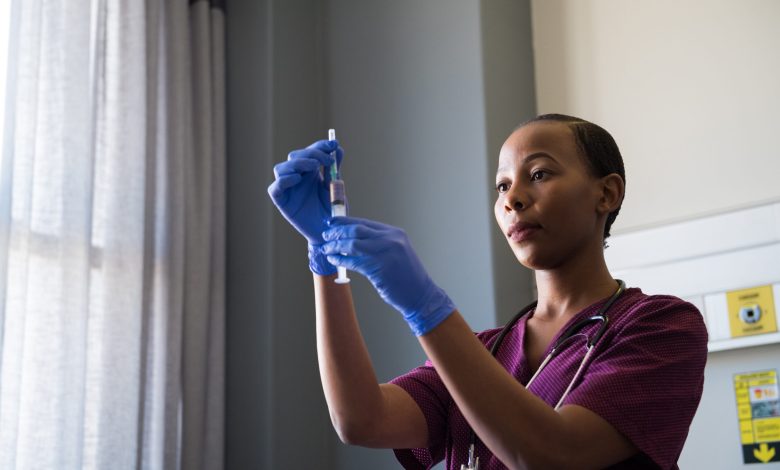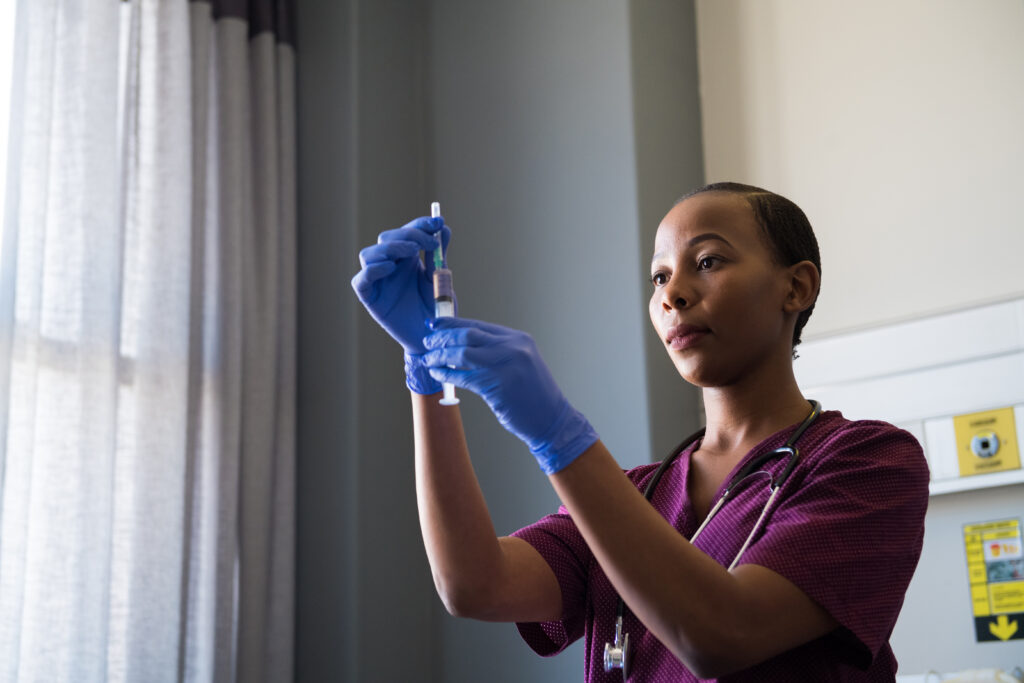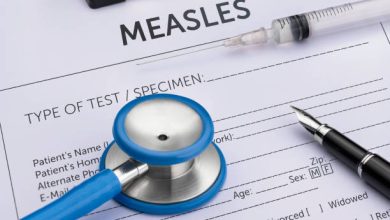This PrEP Clinical Trial Puts Black Women at the Forefront – BlackDoctor.org


The PURPOSE 1 study offers a beacon of hope in the fight against HIV, particularly for Black American women who are disproportionately impacted by the virus. While the study focuses on cisgender women in sub-Saharan Africa, its findings hold significant promise for Black women in the United States as well.
PrEP revolutionized HIV prevention by allowing individuals to take medication to significantly reduce their risk of acquiring the virus through sexual contact. However, the current standard of care relies on daily oral tablets, presenting challenges with adherence, particularly in regions with limited healthcare access or social stigma surrounding HIV prevention.
Why Black Women in the US Need New PrEP Options
Similar to women in sub-Saharan Africa, Black women in the US face challenges with adherence to daily PrEP pills due to factors like:
- Social stigma: The fear of disclosure and negative judgment surrounding HIV prevention can make taking daily medications difficult.
- Limited health care access: In some communities, consistent access to healthcare providers and pharmacies can be a barrier.
How LEN Addresses These Challenges
The long-acting injectable drug lenacapavir (LEN) being studied in PURPOSE 1 has the potential to revolutionize PrEP for Black women by offering:
- Reduced medication frequency: Twice-yearly injections could significantly improve adherence compared to daily pills.
- Increased discretion: Injectables offer a more discreet option, potentially reducing concerns about disclosure and stigma.
Dr. Moupali Das, a co-investigator for the study, emphasizes the design’s consideration of the realities faced by women, particularly young women, who may struggle with the consistency required by daily pills.
Early results from PURPOSE 1 are promising, with lenacapavir injections showing 100% effectiveness in preventing HIV infection. This offers immense hope for Black women in the US who could benefit from a more user-friendly and confidential PrEP method.
While the study is ongoing, its findings hold the potential to empower Black women to take control of their sexual health and significantly reduce the burden of HIV in their communities. Future research and potential adaptations could pave the way for wider access to this potentially life-saving option for Black women in the US.




